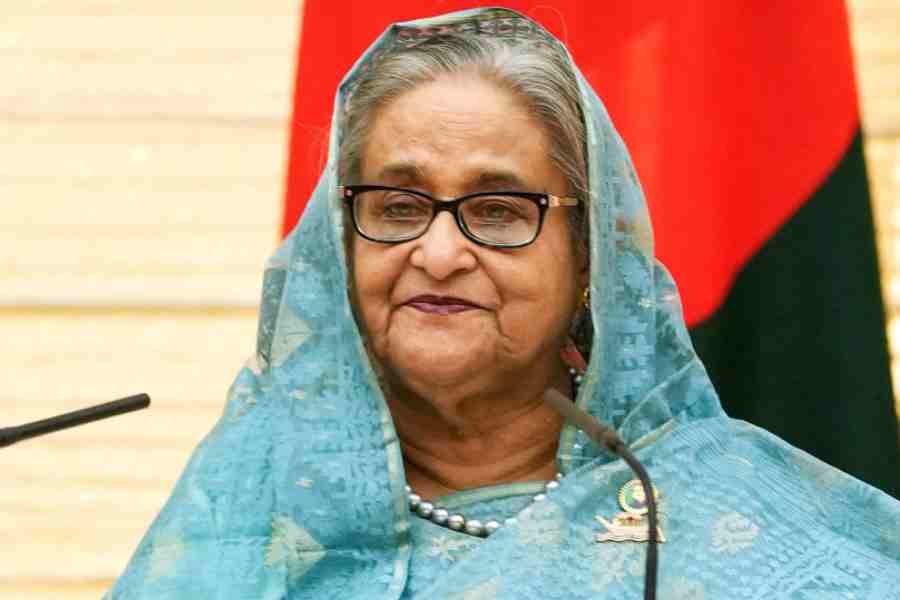Two prominent human rights activists who have tracked extrajudicial killings and disappearances in Bangladesh were sentenced Thursday to two years in prison, raising alarm about a new escalation in quashing dissent.
The Dhaka Cyber Tribunal, a court in the capital city, found Adilur Rahman Khan and ASM Nasiruddin Elan guilty of spreading misinformation under the country’s Information Technology Act. The law grants wide-ranging powers of arrest and prosecution when dealing with anything the government finds defamatory.
It was the latest example of a widespread campaign by Prime Minister Sheikh Hasina to use the judiciary, among other institutions that she has largely captured in her 14 years at the helm, to harass and bog down dissenting voices as she firms her grip over the nation of 170 million ahead of the next election. The country’s courtrooms are crowded with members of the opposition, activists and journalists enmeshed in an increasingly Kafkaesque judicial system.
The case against Khan and Elan, leaders of the human rights group Odhikar, stems from a fact-finding report by their group about a brutal episode a decade ago in Dhaka. The report, released in 2013, found that police had committed grave abuses in clearing a rally organized by a hard-line Islamist organisation.
The organisation, Hefazat-e-Islam Bangladesh, had brought the city to gridlock in May of that year with a protest against comments and cartoons it considered offensive to the Prophet Muhammad. In response, the police staged a late-night crackdown, cutting off electricity and unleashing violence. Opposition parties alleged a death toll in the hundreds, while reports in international news media estimated between a dozen and 50 people. Odhikar’s report said it had found the names of 61 people who were killed.
Soon after the report’s release, Hasina’s government detained both activists, holding Khan for 62 days and Elan for 25 days and calling their report defamatory under the country’s information technology law. Hasina’s officials maintained that no one was killed during the operation, and she told the parliament that members of Hefazat-e-Islam Bangladesh had faked deaths “by using red dye”.











